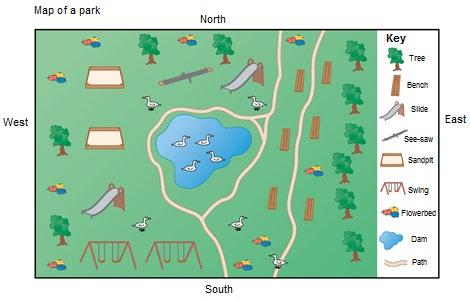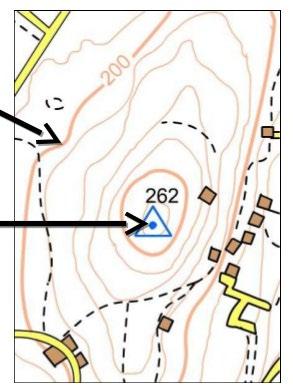
2 minute read
PREFACE
PREFACE
ADDITIONAL READING
All the information you need to successfully complete the year’s Geography is contained in this study guide. The following are recommended for enrichment: • Ranby, P, Johannesson, B, Monteith, (2013). Platinum Social Sciences Grade 7 Learner’s Book. Cape Town: Maskew Miller Longman. • Any printed atlas.
INTRODUCTION
Social Sciences is one subject, although each section (Geography and History) has its own study guide and facilitator’s guide.
Geography is more than a mere study of the earth, as was believed in the past. In fact, it is the study of both our human and physical environment. Geographers are interested in the natural processes that take place in various environments, human settlement and activities, our interdependence on our immediate environment and the impact that we have on that environment. But most importantly, geographers are fascinated with change. We live in an ever-changing world and therefore, the phenomena which we study are in an ever-changing environment.
This study guide will focus specifically on spatial literacy, patterns and trends, as well as on the reading and drawing of basic maps, using statement and linear scale. It will also cover a section on natural disasters caused by earth movement, population growth and change, and sustainable conservation of resources in South Africa. This is in accordance with the guidelines set out in the CAPS curriculum.
In order to get the most from this study guide, you should not merely learn the content that is provided. As geography is constantly changing, you are encouraged to study the world around you, broaden your knowledge with the use of the internet, libraries and magazines. Most importantly, keep abreast of current affairs by reading or listening to the news at least three times a week. Keep an ‘articles book’ in which you can keep and analyse geographically pertinent events that are covered in the news. You may indicate the locations of these events on a map.
By the end of this study guide you should be curious about the world we live in, have a decent general knowledge of the places and natural forces at work on earth and understand the interaction between society and the natural environment. You should care about the planet and well-being of all who live on it. You should have the ability to think independently and support your ideas with sound knowledge, understand and work with a number of sources and observe and engage in phenomena in your own environment. You will have discovered a wealth of knowledge about people, places, events and issues using
a wealth of various sources. Thereby, enabling you to make informed decisions, communicate ideas and information and most importantly, take appropriate action.1







